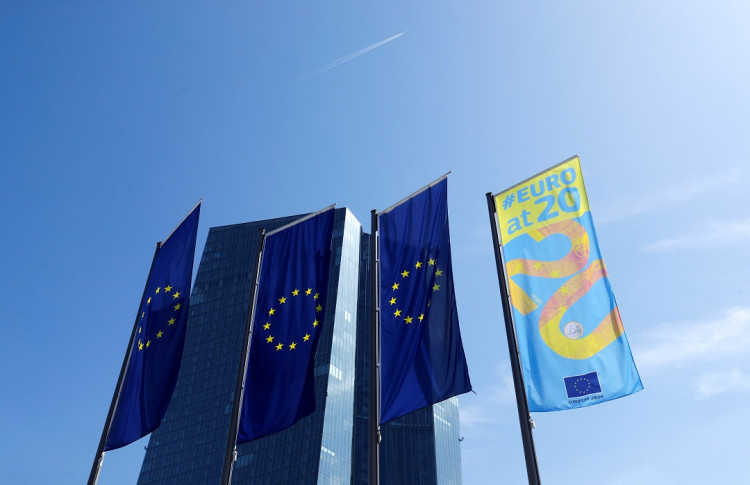With Germany already technically in recession, four more of the world's leading economies are predicted to share Germany's fate within the next few years.
German Q2 GDP fell 0.1% quarter-on-quarter, according to the Federal Statistics Office on Wednesday. The annual growth rate in Europe's largest economy decelerated to 0.4% in Q2 from 0.9% in the first.
The global slowdown triggered by Trump's trade war is leading to lower growth across Western Europe, but Germany's heavily export-reliant economy has been much too vulnerable to the trade war and the consequent trade slowdown.
The United Kingdom, Italy, Mexico and Brazil are all showing increasing signs of an economic slowdown in the wake of the battering they're receiving from Trump's trade war. Analysts said it won't take that much to push these economies into an economic recession.
The UK economy shrunk in the second quarter. Its GDP contracted by 0.2% from April to June after growing by 0.5% in the first quarter. This was weaker than market expectations and the latest Bank of England forecast, which were for a flat Q2.
Growth was non-existent in Italy whose economy stagnated in the three months through June. Italy's Q1 growth came to just 0.1%, said the country's statistics office in Rome.
The estimate, however, was better than the 0.1% contraction forecast by economists. Italy remains the eurozone's weakest performer. Its export-driven economy is being badly hurt by Trump's trade war.
Mexico has avoided a recession but its luck is bound to end within the year. Its economy, Latin America's second-largest, was flat with 0.0% GDP growth in Q2.
The Mexican economy took a beating from a slump in industrial production, weak investments and a slump of its vital services sector. Analysts forecast 0.8% GDP growth for 2019 and 1.4% in 2020.
Brazil slipped into recession in the second quarter. The Brazilian government slashed its economic growth forecast for this year to 0.8% from 1.6%. It blamed the continued weakness in the second quarter following the economy's contraction in the first.
The eurozone is also in trouble. The GDP of its 19 combined members barely grew in Q2 as economies across the bloc lost steam. Eurostat, the European Union statistics office, said GDP growth in the eurozone came to an insignificant 0.2% in the second quarter versus the previous quarter. This was also equivalent to a slowdown from 0.4% percent in the first three months of 2019.






